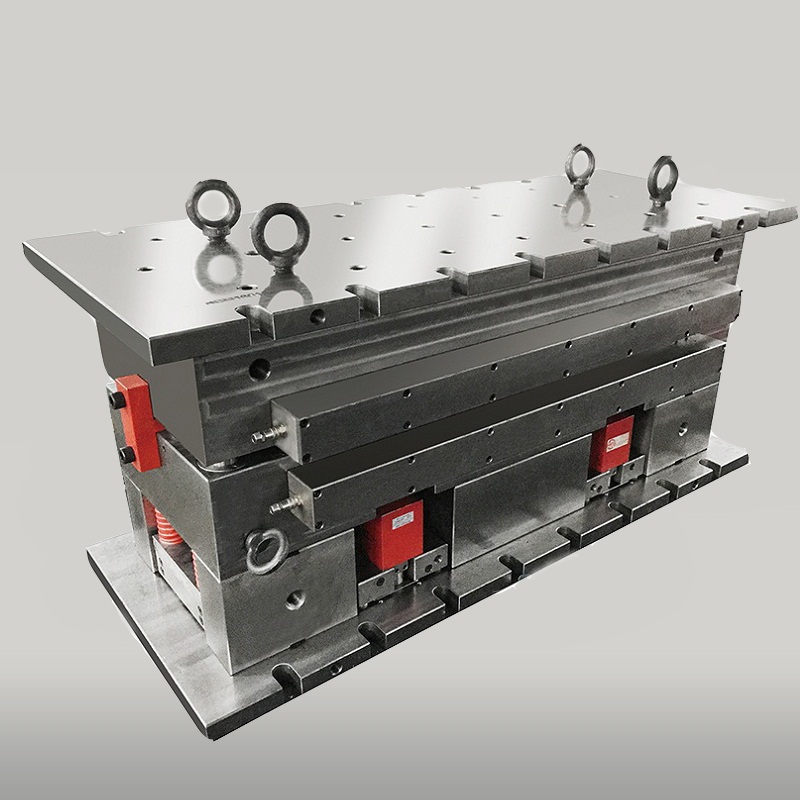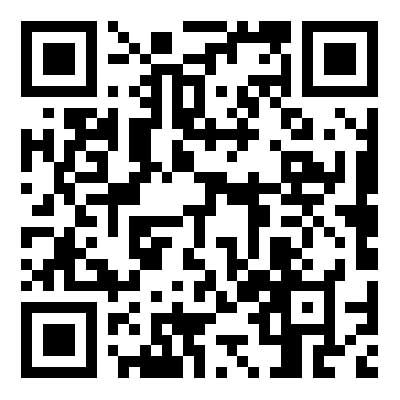Navigating Shipping and Logistics: Exporting LFT Molds to Iran
2024-03-29
Exporting Long Fiber Thermoplastics (LFT) molds to Iran presents promising opportunities for manufacturers seeking to tap into the country's growing industrial sector. However, successful export ventures require careful consideration of shipping and logistics to ensure timely and secure delivery of LFT molds to their destination. In this blog post, we'll explore the key shipping and logistics considerations when exporting LFT molds to Iran.
1. Customs Regulations and Documentation: Exporting LFT molds to Iran requires compliance with customs regulations and documentation requirements imposed by both the exporting and importing countries. Exporters must ensure that all necessary export documentation, including commercial invoices, packing lists, certificates of origin, and export licenses, is accurately completed and submitted to customs authorities. Familiarity with Iranian customs procedures and regulations is essential to facilitate smooth clearance of LFT molds through customs checkpoints.
2. Shipping Methods and Carriers: Selecting the appropriate shipping method and carrier is crucial for transporting LFT molds to Iran safely and efficiently. Depending on factors such as the size, weight, and urgency of the shipment, exporters may choose between air freight, sea freight, or land transportation options. Working with reputable freight forwarders and shipping agents experienced in handling sensitive and high-value cargo ensures that LFT molds are transported securely and in compliance with applicable regulations.
3. Packaging and Handling: Proper packaging and handling are essential to protect LFT molds from damage during transit to Iran. Exporters must use sturdy and secure packaging materials, such as crates, pallets, or custom-made containers, to safeguard LFT molds against impacts, vibrations, and environmental factors. Adequate cushioning, bracing, and securing of the molds within the packaging help prevent shifting or movement during transportation. Additionally, labeling the packages with clear identification, handling instructions, and shipping marks facilitates efficient handling and tracking of the shipment.
4. Insurance Coverage: Obtaining comprehensive insurance coverage for LFT molds during transit is advisable to mitigate the risks associated with loss, damage, or theft. Exporters should work with insurance providers to arrange suitable cargo insurance policies that provide adequate coverage for the value of the LFT molds and potential liabilities. Understanding the terms, conditions, and exclusions of the insurance policy is essential to ensure adequate protection and financial compensation in the event of unforeseen circumstances during transit to Iran.
5. Export Compliance and Documentation: Ensuring compliance with export control regulations and obtaining the necessary export licenses or permits is essential when exporting sensitive goods like LFT molds to Iran. Exporters must verify the export classification of LFT molds and ensure compliance with export control laws imposed by their country of origin and destination. Obtaining export licenses, if required, and maintaining accurate export documentation help prevent delays and penalties associated with non-compliance.
6. Tracking and Monitoring: Implementing tracking and monitoring mechanisms allows exporters to keep a close eye on the whereabouts and status of LFT molds throughout the shipping process to Iran. Utilizing tracking technologies such as GPS tracking devices, RFID tags, or online shipment tracking systems provides real-time visibility into the location, movement, and condition of the cargo. Promptly addressing any deviations, delays, or issues that arise during transit helps ensure the timely and secure delivery of LFT molds to their destination in Iran.
In conclusion, navigating shipping and logistics considerations is essential for exporters when exporting LFT molds to Iran. By understanding and addressing customs regulations, selecting suitable shipping methods and carriers, ensuring proper packaging and handling, obtaining insurance coverage, complying with export control laws, and implementing tracking and monitoring mechanisms, exporters can mitigate risks and ensure the successful delivery of LFT molds to customers in Iran. Collaborating with experienced logistics partners and adhering to best practices in international trade facilitation enhances efficiency, reliability, and customer satisfaction in exporting LFT molds to Iran's growing industrial market.



